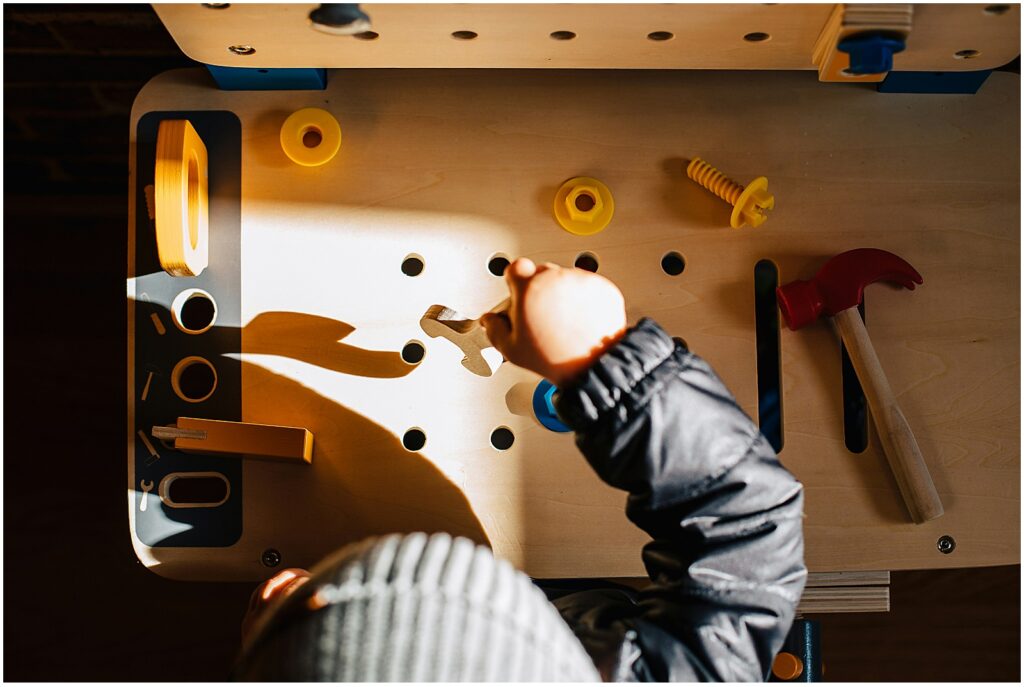Does speech delay affect a child’s intelligence? This is a difficult question, and one I remember asking myself when it came to my own son’s speech delay. As a parent, you want the best for your child, so it can be difficult to imagine how their potential developmental delay affects different areas of their lives. As a certified Speech Language Pathologist, late talkers’ intelligence is a concern that I hear often from parents.
So today I am sharing a bit about it as well as what you can do to support your child.

Speech Delay Causes
Every child’s developmental trajectory is unique, and the root of a speech delay can be different for every child. It can be due to a language learning disability, global cognitive difficulty, or can be caused by Autism, hearing impairment, or other difficulties.
So the question of intelligence is certainly a loaded question. I know as a parent, I too am concerned about “intelligence,” but it’s important to understand that the underlying cause of the delay can vary completely from child to child.
Late Talkers’ Intelligence
When I reflect on my concerns over my son’s intelligence as related to his speech delay, what I’m really wondering is “Can my child learn like other children?”
This is a difficult thing to measure, however, and won’t really be determined officially until the first grade or so. This is because up until that age, children haven’t been exposed to enough school curricula to know if they learn differently or not.
But, you can begin to get an idea of your child’s learning abilities by seeing how well they use their memory– both visual and auditory processes.
I know that feels like a long time to wait, but there is still a lot you can do in the meantime.
How to Best Support Your Late-Talking Child & Next Steps You Can Take
The best things you can do as a parent of a late-talker are to be patient, be engaged, and be open.
Children with speech delays often catch up by the time they reach kindercare, so be patient and reduce the pressure you put on them to speak before they’re ready. The more time you can spend engaged with them– playing, reading, singing, etc.– the better. (Reducing screen time to less than 30 minutes per day can have a huge impact as well!) And be open to different activities – though some may seem silly or like common sense, how you play with your child can make a positive difference in their development as well.
Finally, if you are concerned your child may have a speech delay, Late Talker Evaluations are available to help you identify whether your child is showing signs of delayed speech. This helps you to develop an improvement plan so that you can monitor your child’s progress.

I’m Guy Garcia. I have a master’s degree in speech-language pathology. I’ve treated over 1000 children with speech-language disorders.

